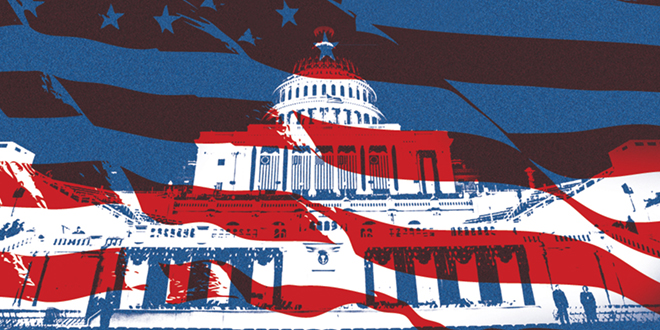New $2,500 California rebate program for public agencies located in Bay Area Air Quality Management District
The Bay Area Air Quality Management District (BAAQMD) announced a new rebate program, on April 3, for public agencies that purchase or lease electric vehicles. Highlights of the program include:
- Approved public agencies can receive $2,500 vouchers for purchasing or leasing zero emission vehicles or $1,000 vouchers for purchasing certain plug-in hybrid electric vehicles.
- The program is only available to public agencies located in the BAAQMD which covers the Bay Area counties of Alameda, Contra Costa, Marin, San Francisco, San Mateo, Santa Clara, and Napa as well as the southern portion of Sonoma County and the southwestern part of Solano County.
- The program expires at the end of 2014 or when funds are exhausted, whichever comes first.
California Clean Vehicle Rebate Program seeks to expand its rebate wait list and reduce next year’s funding needs
With fiscal year 2013-14 rebate funds depleted, California’s Clean Vehicle Rebate Program (CVRP) has started accepting rebate reservations. Rebates are reserved under current eligibility rules and will be paid in September 2013. On April 24, CARB will seek authority to expand its wait list by an additional $25 million.
On April 2, California Air Resources Board (CARB) staff proposed several changes to next year’s CVRP rebate eligibility rules, in order to reduce the program’s funding needs for FY 2014-2015. One proposal would reduce rebate amounts by $500 for BEVs and PHEVs to $2,000 and $1,000, receptively. CARB staff also proposed a $60,000 MSRP cap for CVRP rebates, which, if approved, would make the Tesla Model S and Cadillac ELR ineligible in FY 2014-2015.
California Assembly denies “urgency” status for a bill to increase green HOV lane decals
The California DMV has issued 38,478 green HOV lane decals, as of April 7, and anticipates that green stickers may run out sometime in May. The DMV has stopped allowing dealers to purchase green decals in advance of selling new vehicles.
In late February, California Assembly member Muratsuchi introduced California AB-2013 to raise the current 40,000 cap on authorized green vehicle stickers up to 85,000.
On April 7, the Assembly considered a motion to amend AB-2013 to include an “urgency” clause that would have made the bill effective immediately, but the motion failed to win the required two-thirds vote. On April 10, AB-2013, without the urgency clause, was read a third time in the Assembly and can now be taken up on the Assembly floor.
Federal tax-extender hearings held in both the Senate and the House
The US income tax credits for alternative fuel vehicle supply equipment and electric motorcycles were allowed to expire at the end of 2013. Recent action in Congress with respect to these “tax-extender” credits includes:
- On April 3, the Senate Finance Committee voted to report a bill that would retroactively extend tax credits for electric motorcycles and Level 2 charging stations through the end of 2015. The next step is for the EXPIRE Act is a Senate floor vote. Senator Wyden (D-OR) would like to take up the EXPIRE Act sometime in early May and Senate Majority Leader Harry Reid (D-NV) has stated that he’d like to move extenders “sooner rather than later.”
- The House Ways and Means Committee held an April 8 meeting focusing only on the seven business tax-extenders that Chairman Dave Camp (R-MI) proposed making permanent as part of his Comprehensive Tax Reform draft proposal. Rather than approving a single comprehensive bill on extenders, Chairman Camp plans to have a series of hearings on different extender provisions followed by multiple markups.
Utah governor signs HB 74 into law
The Governor of Utah signed HB 74 into law on March 29, significantly expanding the Utah tax credit for purchasers and lessees of electric vehicles. Under the new law, which goes into effect for the 2015 calendar year, the maximum allowable cap for tax credits will be raised to $1,500.
Barry Brents is a tax attorney, specializing in US and state tax law.
His website, PlugIncentives.com, provides dealerships and consumers with the most up-to-date information about EV incentives.



















































